Powys street lights at risk in £9m council cuts
- Published
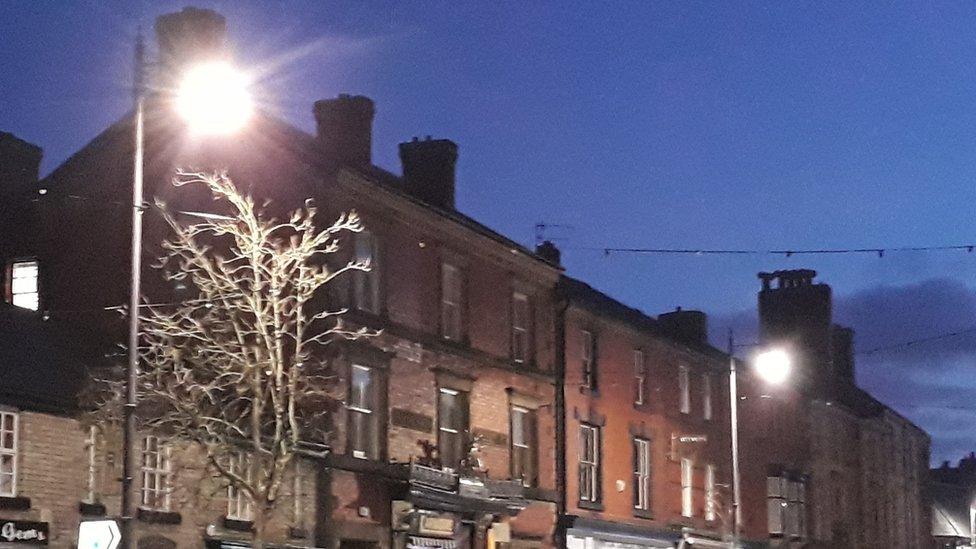
Streets in towns like Llanidloes could go dark unless community councils can step in
Street lights could be turned off and arts provision slashed by a council facing a £14m funding shortfall.
Powys County Council's draft budget outlines plans for more than £9m in cuts to help plug the gap.
Residents have already been warned to expect a council tax rise of as much as 12% as Welsh Government grant aid is being cut by 0.3%.
Deputy leader Aled Davies said: "We are facing some of the most challenging decisions of our political lives."
Another £20m of savings will be needed over the next three years, according to the Local Democracy Reporting Service.
The proposed cuts and savings package for 2019-20 includes:
A review of street lighting, with the hope that town and community councils can pay, to save £150,000
Increased car parking charges, which could raise an extra £100,000
The introduction of car parking charges for blue badge users in a bid to raise £50,000
Closing the arts and culture service to save £139,000
Closing Neaudd Maldwyn in Welshpool to save £165,000
Mr Davies, cabinet member for finance in the ruling Independent/Conservative coalition, said with education and social care taking up 70% of spending, all other services would come under pressure.
He said: "We will have to ask ourselves, can we afford the branch libraries we operate, the number of offices and buildings we fund?"
"Will we have to reduce the length of roads we repair, the number of street lights we power and the number of open spaces we maintain?
"As a council we are facing some of the most challenging decisions of our political lives, decisions that I am sure will be unpopular.
"But we have to set a balanced budget and the continued reduction in our external funding means we have little choice."
Liberal Democrat and Green group leader James Gibson-Watt claimed council leaders had "failed to control persistent overspending" by some departments.
- Published8 January 2019
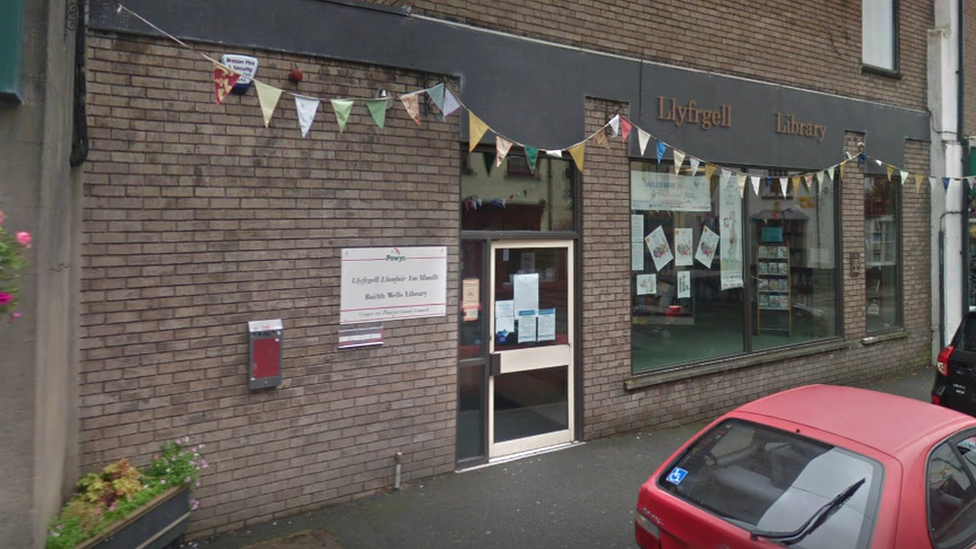
- Published19 December 2018
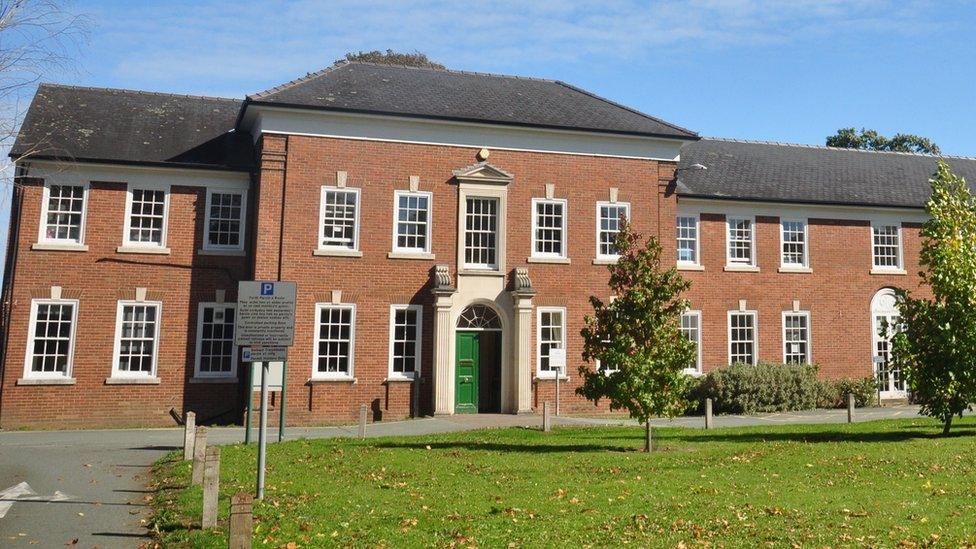
- Published3 December 2018
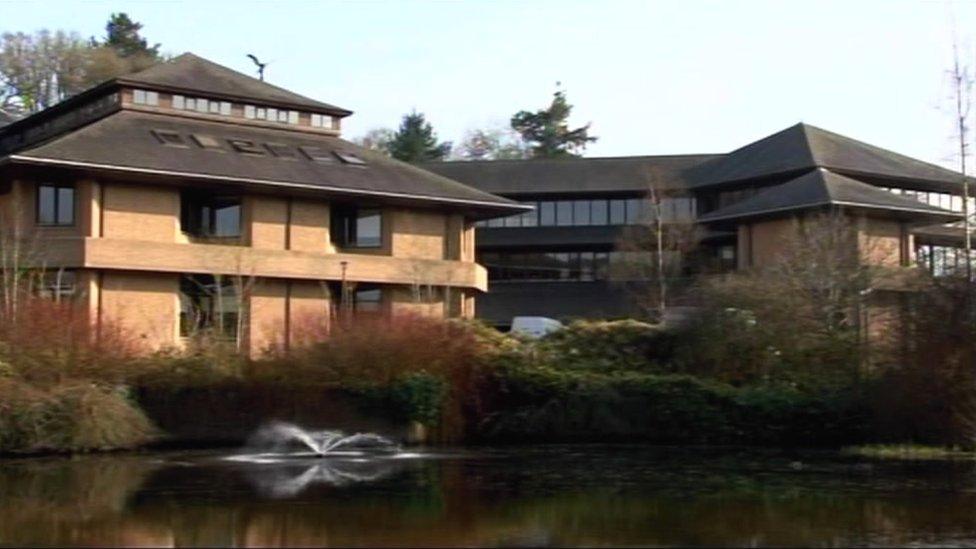
- Published24 October 2018
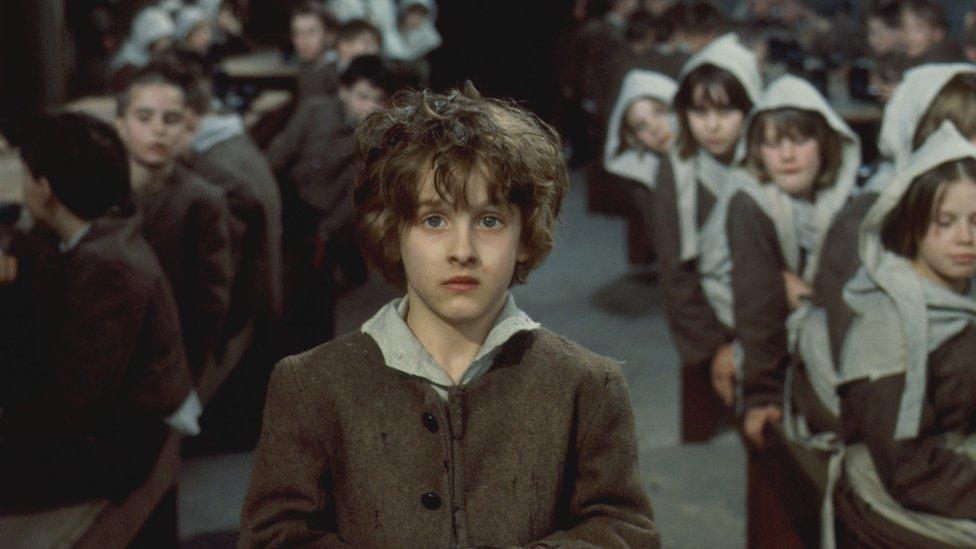
- Published9 October 2018
